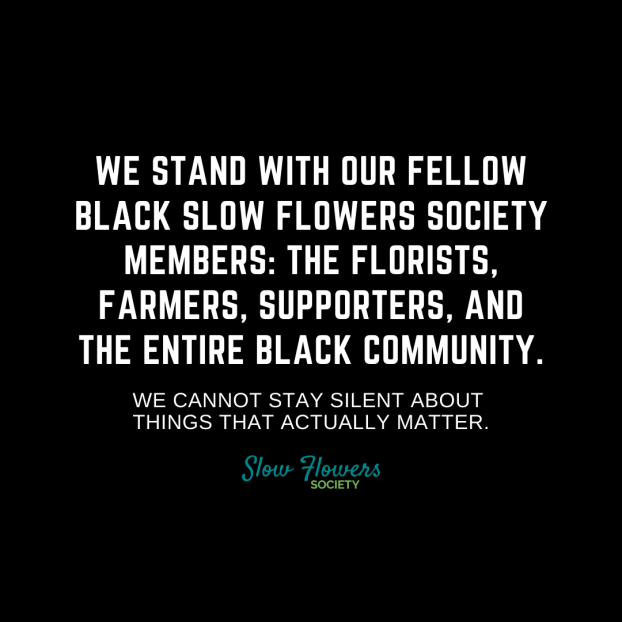Podcast: Play in new window | Download
Subscribe: Apple Podcasts | Podcast Index | RSS | More
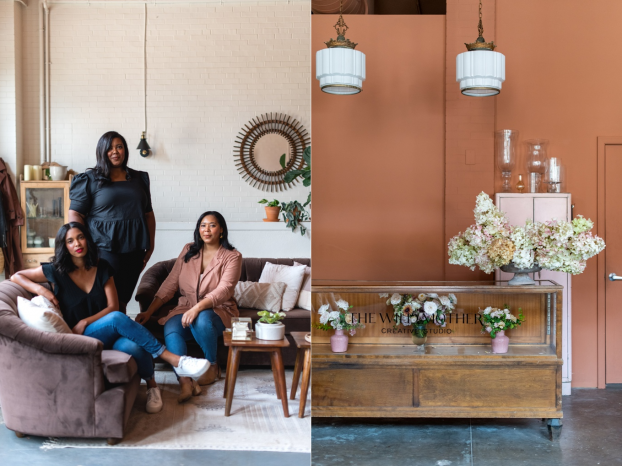
Today, I have a very special episode for you and I’m thrilled to share it! Please meet the three siblings who together are called The Wild Mother: Leah Palmer, Lauren Palmer and Callie Palmer. They are based in Oklahoma City and call their enterprise a Creative Studio, which encompasses their tagline “More than Just Flowers.”

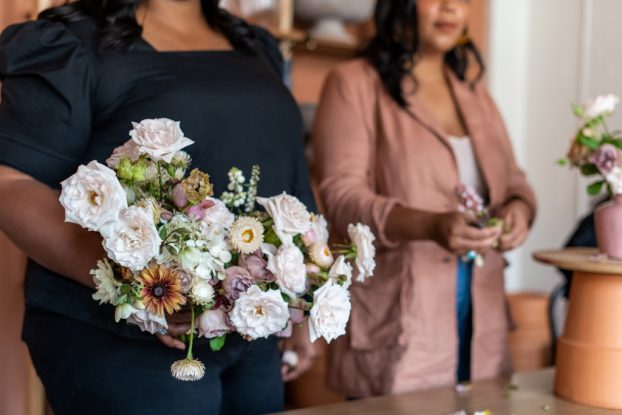
Here’s a bit of an introduction, adapted from their website’s “About” page:
The Wild Mother Creative Studio is owned by Afro-Indigenous sisters and floral artists Lauren Palmer and Leah Palmer, located in the heart of Arts district, Downtown, OKC. Their love and honor of culture, storytelling, and their affinity for natural elements and color theory lend themselves to producing their “Floral Stories.” It’s an added bonus that they get to work alongside their younger sister, Callie. The Wild Mother’s offerings include full service wedding and event floral, curbside carryout floral for large-scale events, and holiday floral offering.
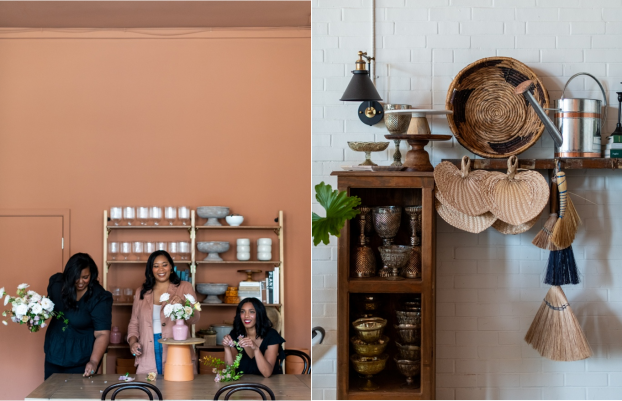
The Wild Mother has positioned their entire business as a legacy project—using flowers and floral art installations to heal their lineage forwards and backwards; to send honor to their ancestors whose experiences in America were tragic; and to build a world for their future descendants that is more beautiful, more equitable, and more just.
I first learned about The Wild Mother from Susan McLeary who encouraged me to attend a free webinar hosted by the studio at the beginning of this year. Called “More than Just Flowers,” the webinar was outlined as: A Panel Discussion for Creatives on Building Affirming, Equitable and Just Brands. Moderated by Leah and Lauren, with help from Callie, the session covered meaningful representation in the wedding & creative industry; a discussion of exploitation versus appreciation; goals for building an anti-racist brand and considerations for BIPOC clients.
A number of floral community voices participated, including Sue McLeary and Kristin Griffith-VanderYacht, who you’ve met here on the Slow Flowers Podcast. Other panelists included a number of people from related disciplines such as event planning, marketing and branding and fine art curation. It was a powerful gathering with honest and open dialogue designed to inspire and challenge attendees who want to be intentional and inclusive with the way they shows up in the world.
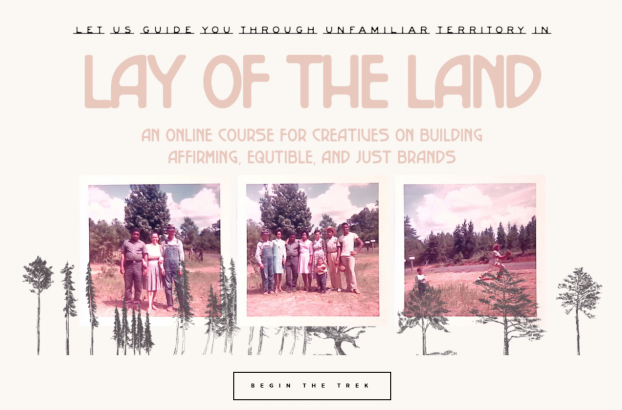
Next, The Wild Mother launched The Lay of the Land, an online course for creatives interested in digging deeper in the topic of building an affirming, equitable and just brand.
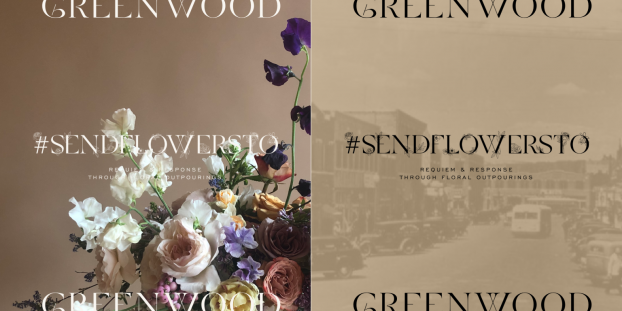

I’m eager for you to meet Leah, Lauren and Callie. One of the reasons I asked them to join me today was to introduce their upcoming project called Send Flowers to Greenwood. This is an ambitious series of floral installations that will commemorate the Greenwood Massacre of 1921. Oklahomans and the rest of country are only now beginning to acknowledge what took place 100 years ago in Tulsa, when the vibrant, successful Black-owned Greenwood District, known as “Black Wall Street,” was destroyed and many of the people who lived there lost their homes, businesses, and lives due to an attack by Klan members and others who wanted to eliminate the existence of brown and black people in their city.
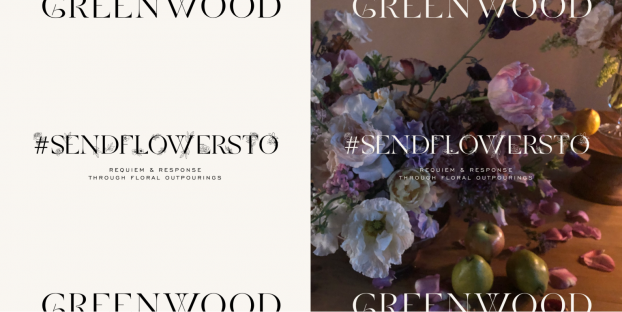
Taking place at the end of May, The Wild Mother’s #SendFlowersToGreenwood will be both a virtual and physical outpouring of love, light, and life for Greenwood Tulsa and the descendants of victims of the Greenwood Massacre of 1921.
Wow. Just wow. I’m so pleased we had this conversation today and I thank you for joining us. There are so many small and large ways to get involved and support The Wild Mother and Send Flowers to Greenwood you can find those details in our show notes.
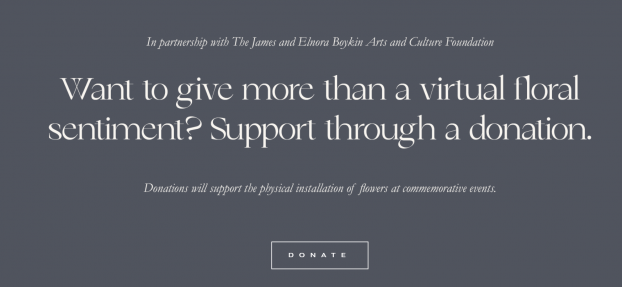
The Wild Mother encourages all of us to post images of flowers on social media from May 10 through June 7 and dedicate that post with the hashtag #sendflowerstogreenwood. I love this pure gesture of respect and humanity and I am eager to participate. I hope you will, too.
Find and follow The Wild Mother at these social places:
The Wild Mother on Instagram
Join me for a BONUS Slow Flowers Event on April 16th
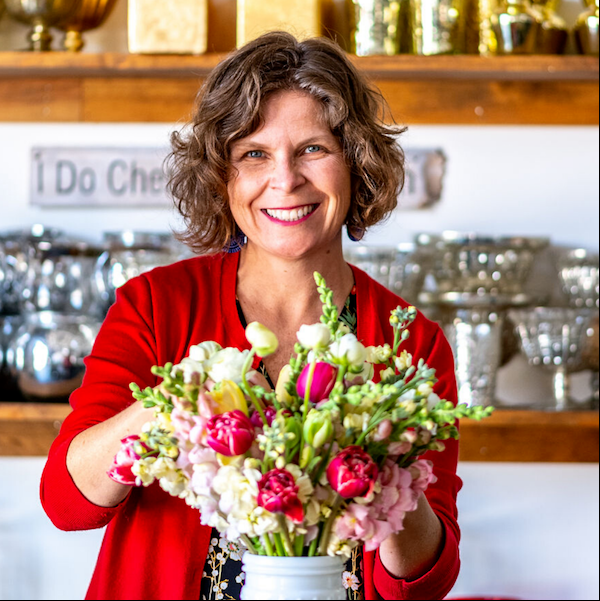
A couple of other Slow Flowers opportunities are coming right up. On Friday, April 16th, we have a BONUS Meet-Up scheduled at 9 am Pacific/Noon Eastern with Ellen Frost of Local Color Flowers. The topic: Domestic Flower Sourcing Strategies When Supplies are Limited. Considering the current panic around floral availability and product supply-chain in the floral industry, Ellen and The Gardeners’ Workshop are reintroducing their online course Ellen “Growing Your Business With Local Flower Sourcing” and in anticipation, Ellen is joining Slow Flowers this Friday to answer your questions about flower sourcing when supplies are limited.
The names of all Slow Flowers members who attend will be entered into a drawing for one free registration to the course (valued at $495) which begins April 26th. Ellen has added new content to the 2021 curriculum, including a Bonus Session: “What we can do NOW during this unprecedented global flower shortage.”
By the way, if you missed last week’s April Meet-Up on Sustainable Floral Design with Tobey Nelson and Becky Feasby, you can find the replay video above. On EARTH DAY, Thursday, April 22nd, I’ll host an interactive Q&A with these two passionate women as part of an IG Live session about sustainable floristry at noon Pacific/3 pm Eastern. You’re invited to join us there!
Thank you to our Sponsors
This podcast is brought to you by Slowflowers.com, the free, online directory to more than 850 florists, shops, and studios who design with local, seasonal and sustainable flowers and to the farms that grow those blooms. It’s the conscious choice for buying and sending flowers.
Thank you to our lead sponsor for 2021, Farmgirl Flowers. Farmgirl Flowers delivers iconic burlap-wrapped bouquets and lush, abundant arrangements to customers across the U.S., supporting more than 20 U.S. flower farms by purchasing more than $9 million dollars of U.S.-grown fresh and seasonal flowers and foliage annually, and providing competitive salaries and benefits to 240 team members based in Watsonville, California and Miami, Florida. Discover more at farmgirlflowers.com.


For each Podcast episode this year, we will also thank three of our Major Sponsors. Our first thanks goes to Rooted Farmers. Rooted Farmers works exclusively with local growers to put the highest-quality specialty cut flowers in floral customers’ hands. When you partner with Rooted Farmers, you are investing in your community, and you can expect a commitment to excellence in return. Learn more at RootedFarmers.com.
Our next sponsor thanks goes to Mayesh Wholesale Florist. Family-owned since 1978, Mayesh is the premier wedding and event supplier in the U.S. and we’re thrilled to partner with Mayesh to promote local and domestic flowers, which they source from farms large and small around the U.S. Learn more at mayesh.com.
Our final sponsor thanks goes to Johnny’s Selected Seeds, an employee-owned company that provides our industry the best flower, herb and vegetable seeds — supplied to farms large and small and even backyard cutting gardens like mine. Find the full catalog of flower seeds and bulbs at johnnysseeds.com.
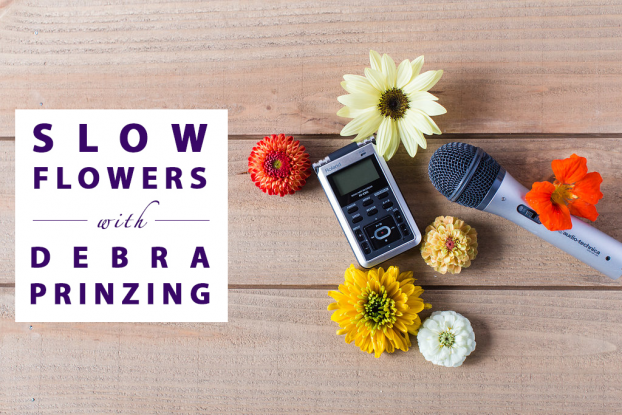
Thanks so much for joining us today! The Slow Flowers Podcast has been downloaded more than 714,000 times by listeners like you. Thank you for listening, commenting and sharing – it means so much. As our movement gains more supporters and more passionate participants who believe in the importance of our domestic cut flower industry, the momentum is contagious. I know you feel it, too.
I value your support and invite you to show your thanks to support Slow Flowers’ ongoing advocacy, education and outreach activities. You can find the donate button in the column to the right at debraprinzing.com
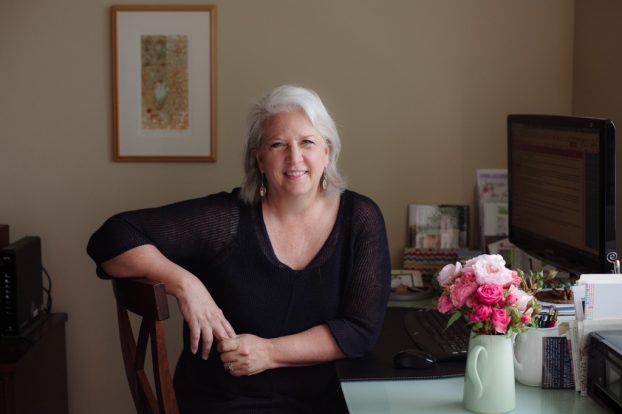
I’m Debra Prinzing, host and producer of the Slow Flowers Podcast. Next week, you’re invited to join me in putting more Slow Flowers on the table, one vase at a time. And If you like what you hear, please consider logging onto iTunes and posting a listener review.
The content and opinions expressed here are either mine alone or those of my guests alone, independent of any podcast sponsor or other person, company or organization.
The Slow Flowers Podcast is engineered and edited by Andrew Brenlan. Learn more about his work at soundbodymovement.com.
Music Credits:
For We Shall Know Speed; Turning on the Lights; Gaenaby
Blue Dot Sessions
http://www.sessions.blue
Lovely by Tryad
http://tryad.bandcamp.com/album/instrumentals
http://creativecommons.org/licenses/by-sa/3.0/
In The Field
audionautix.com









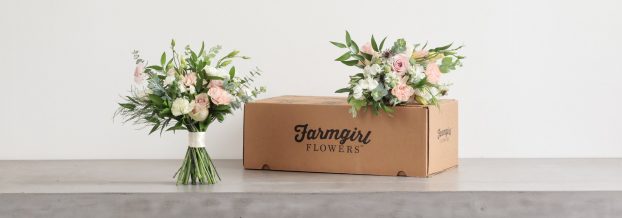
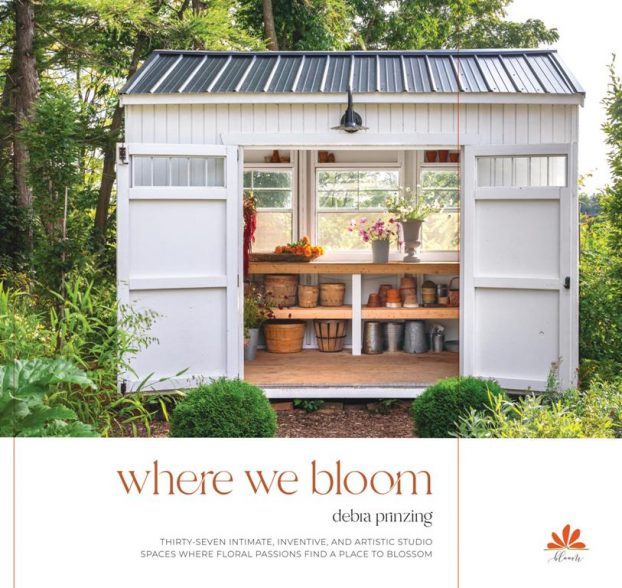
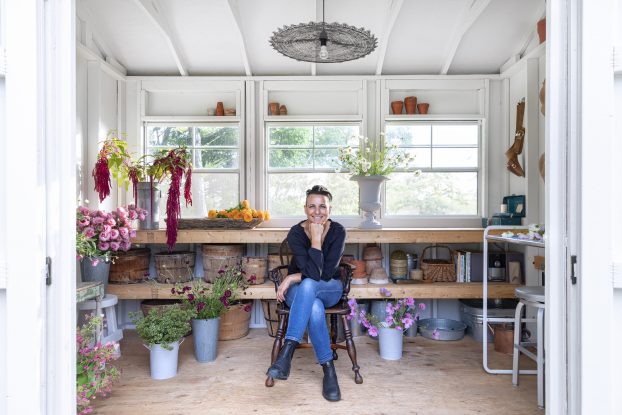
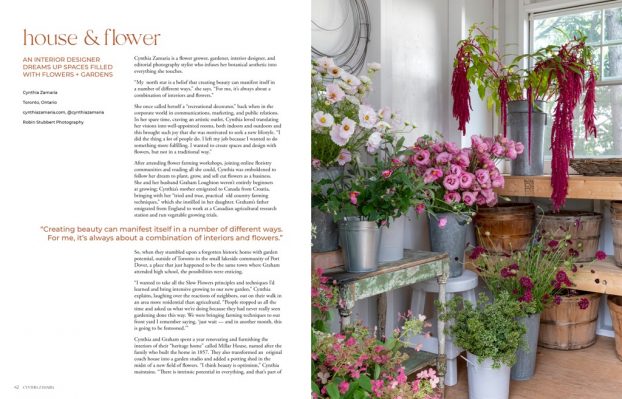
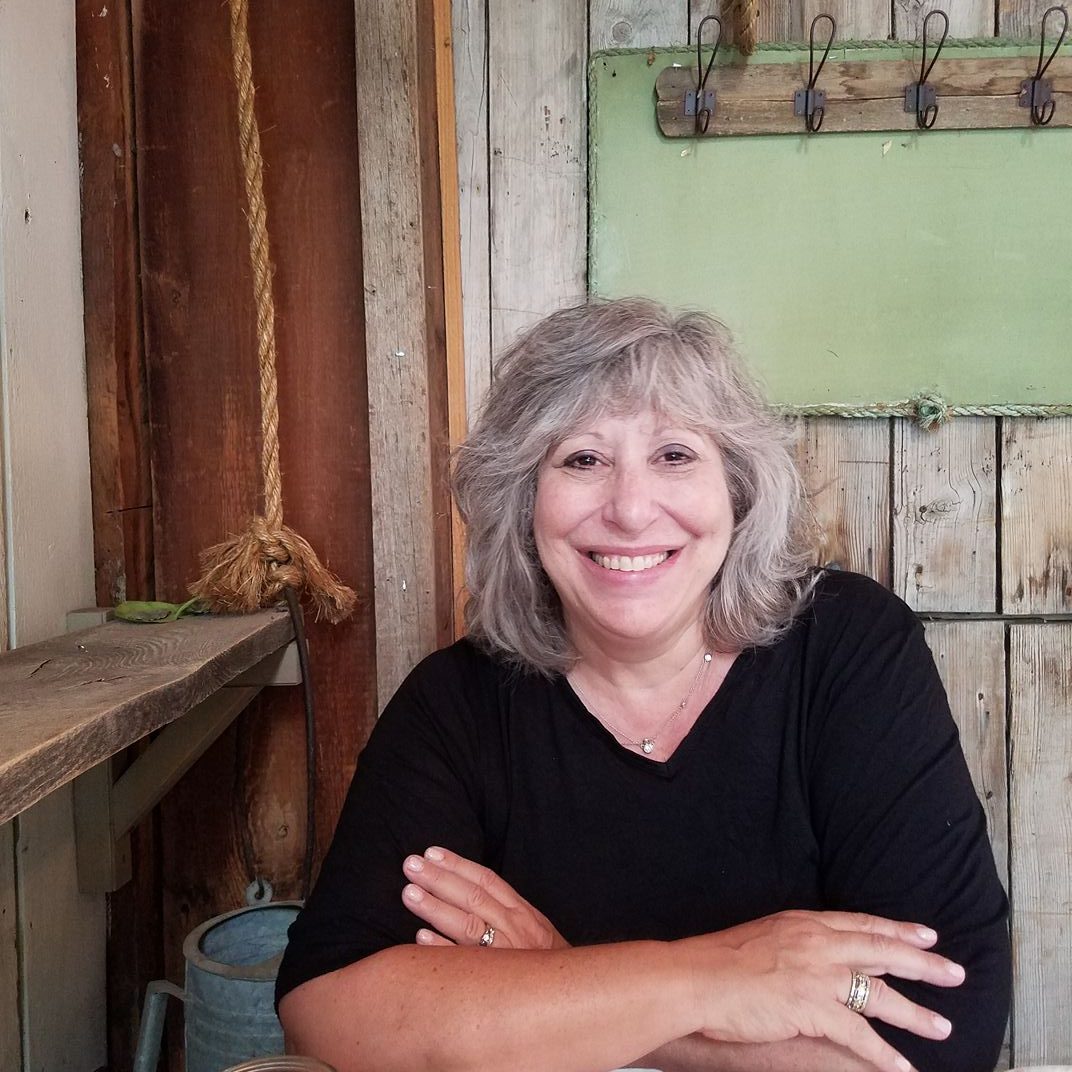
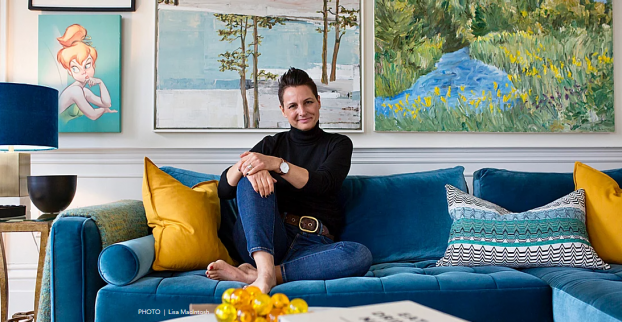
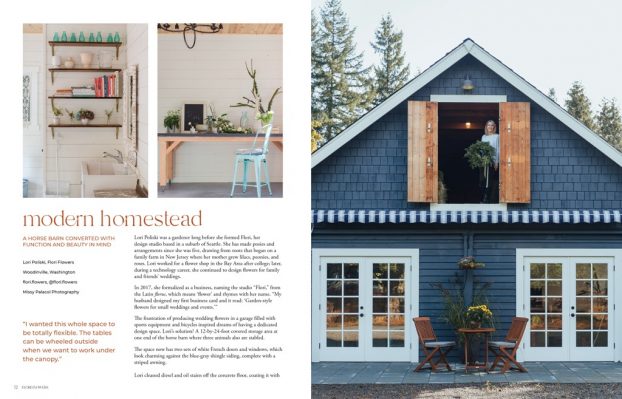
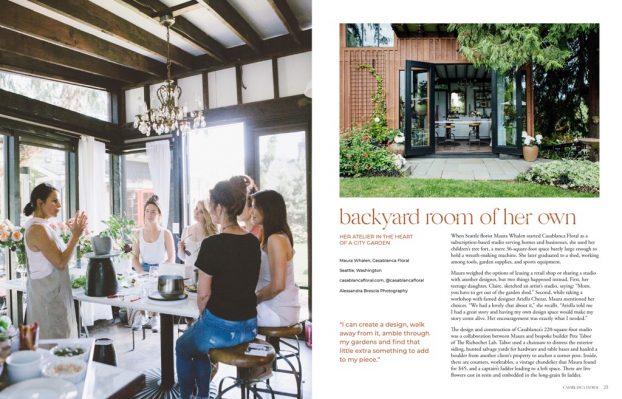
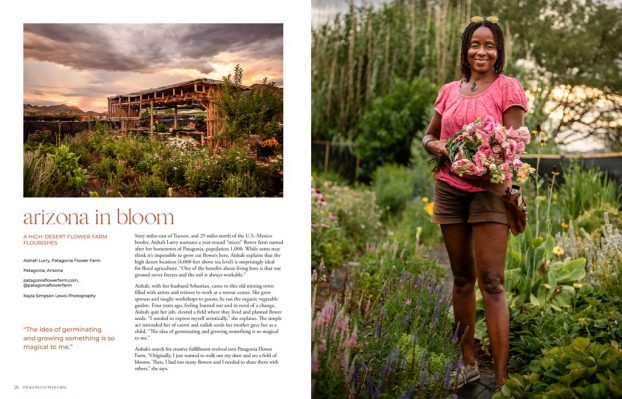
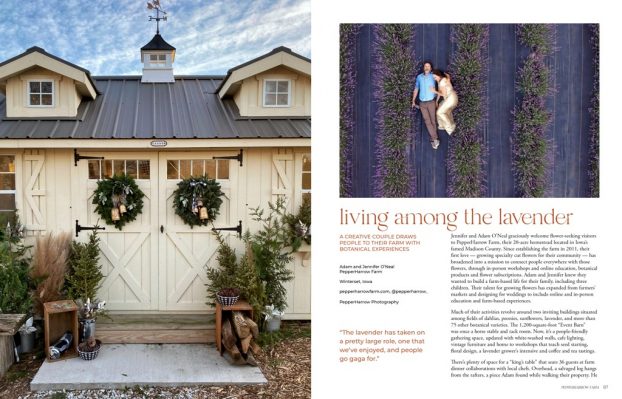
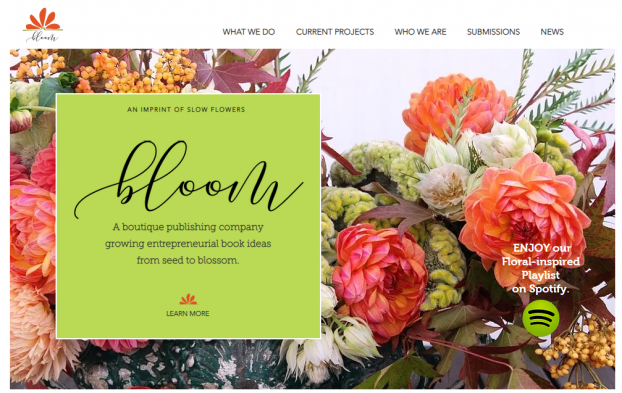
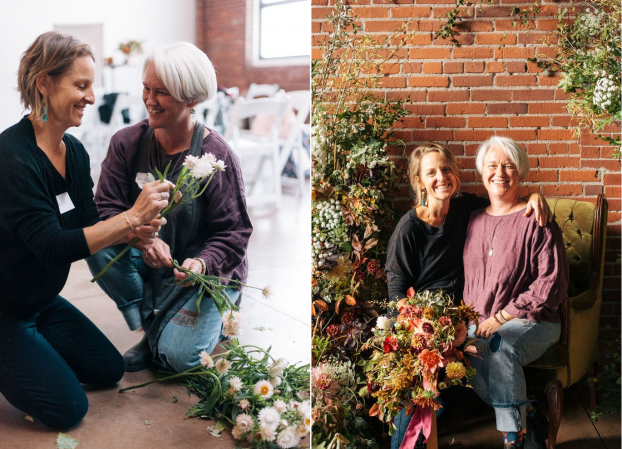
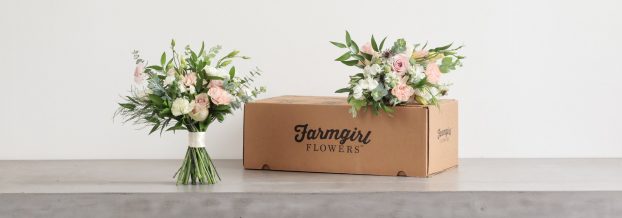

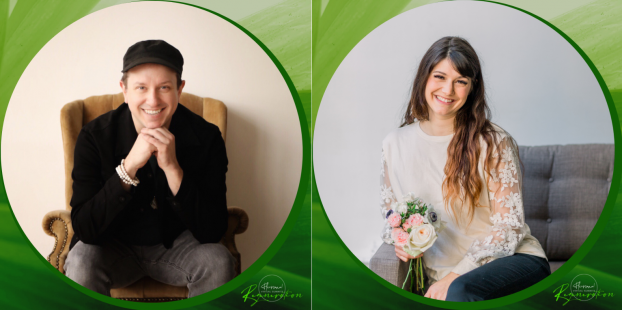
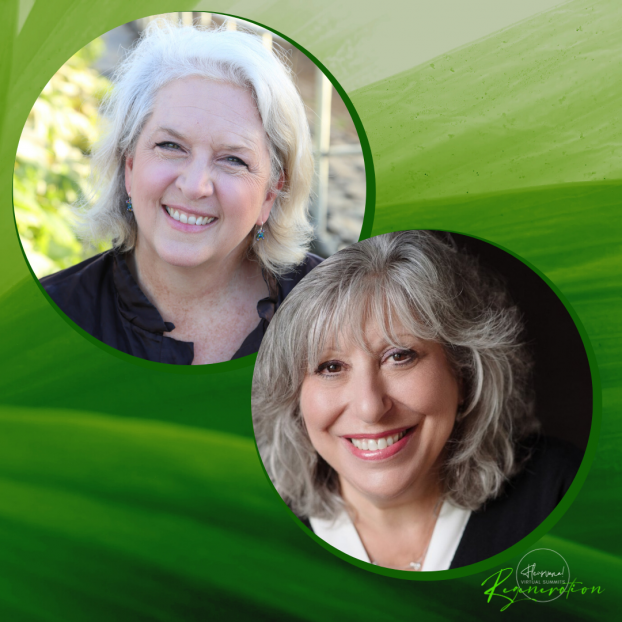
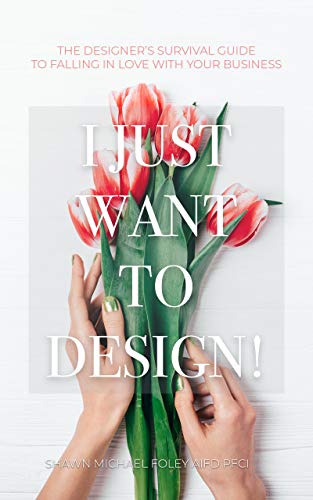
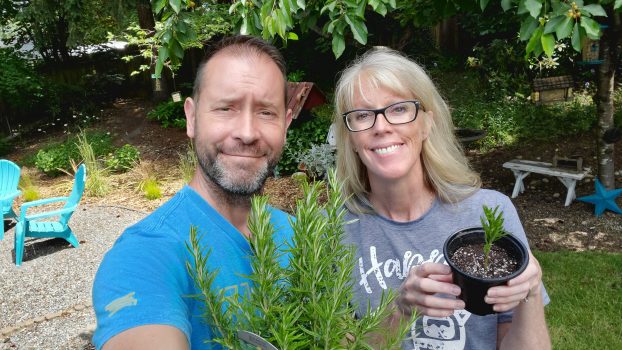
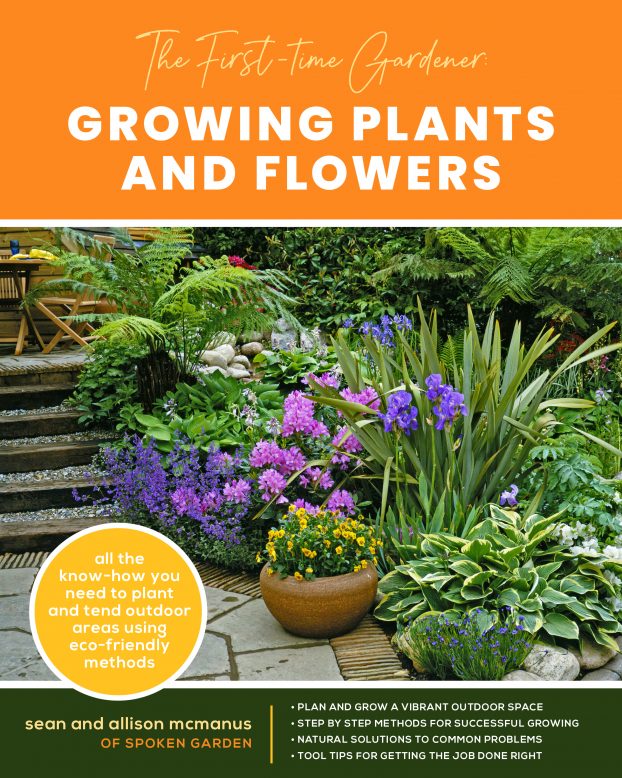
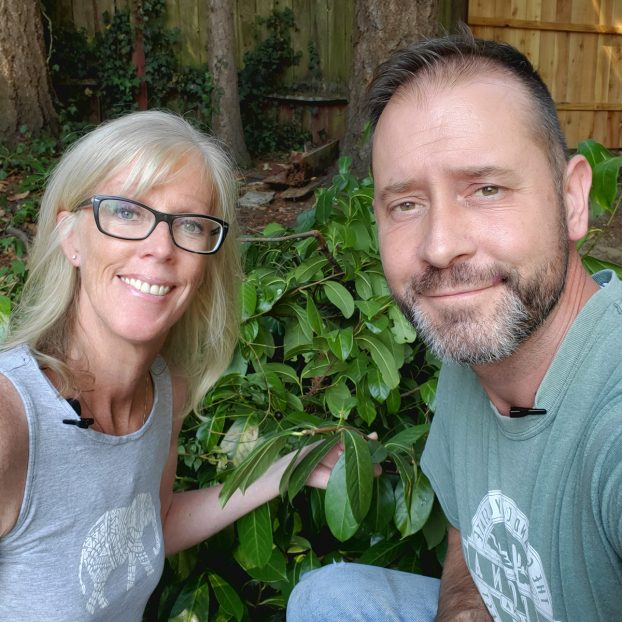
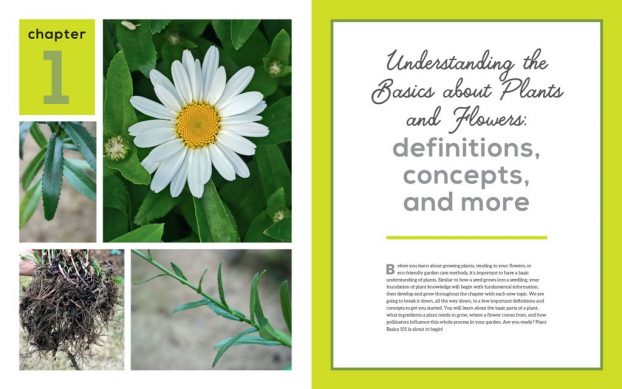
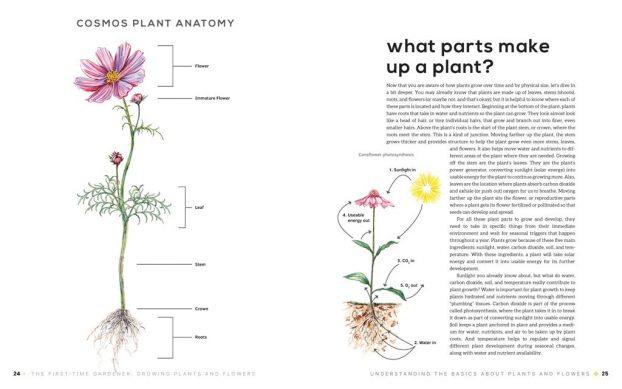
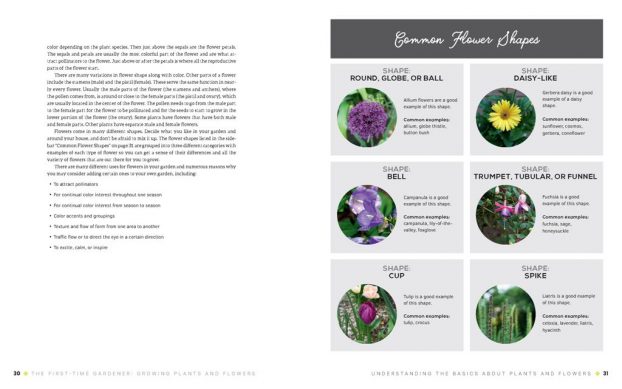
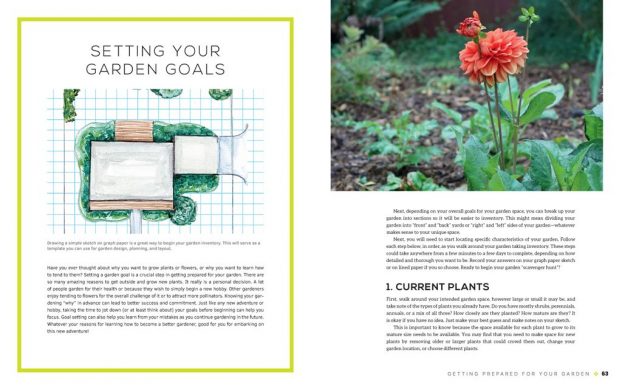
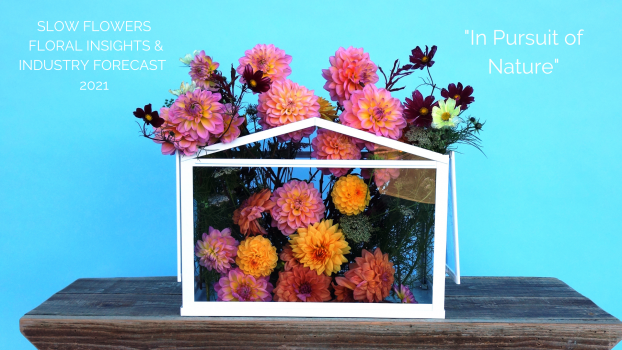
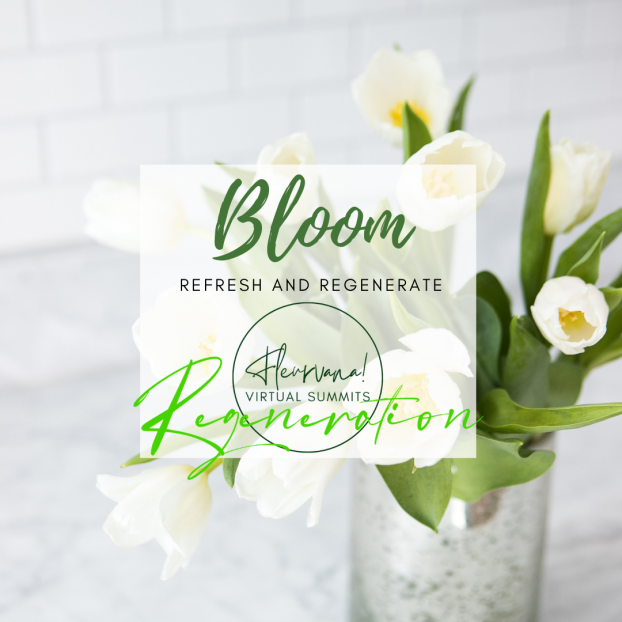
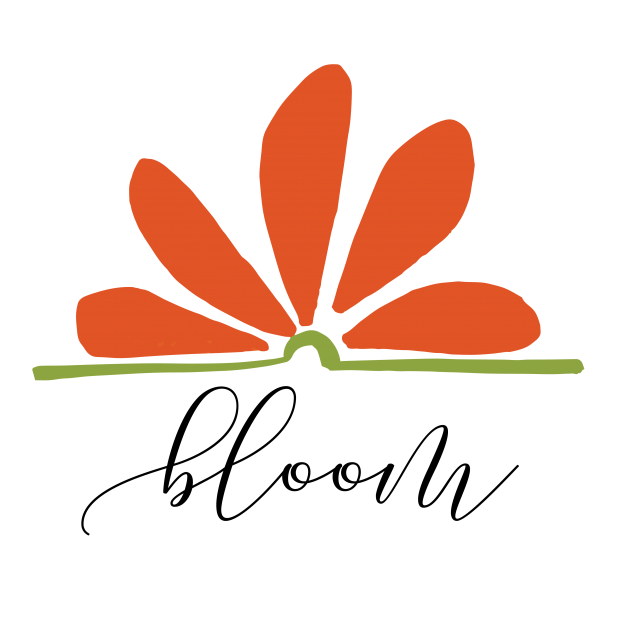
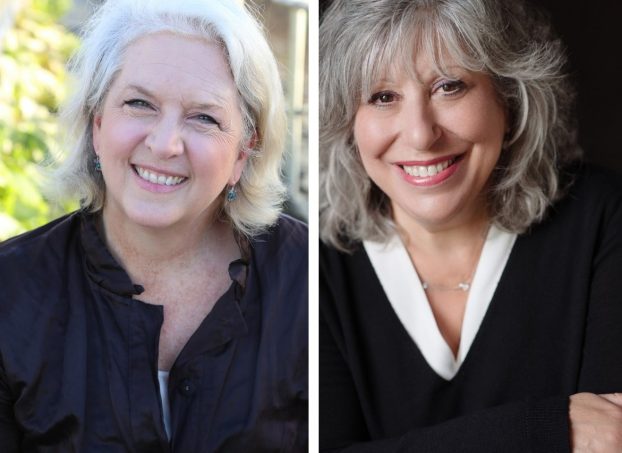
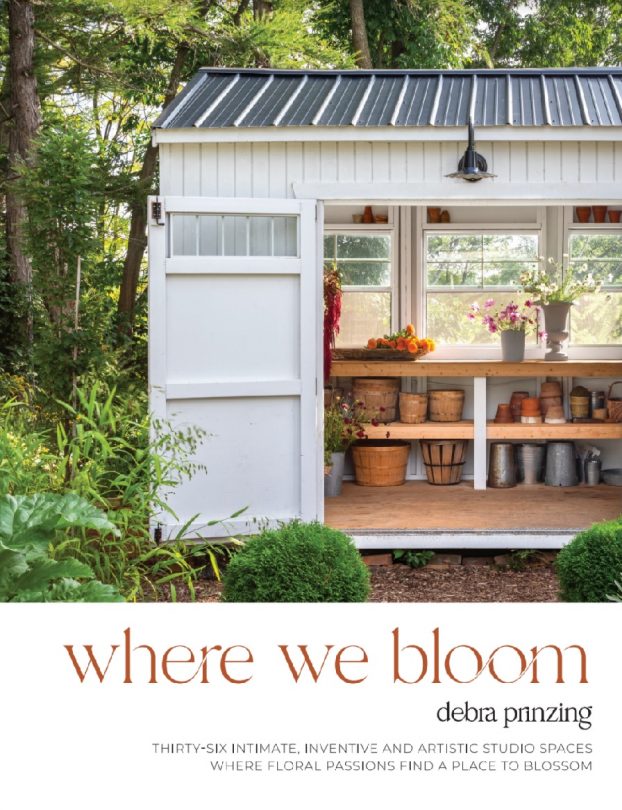
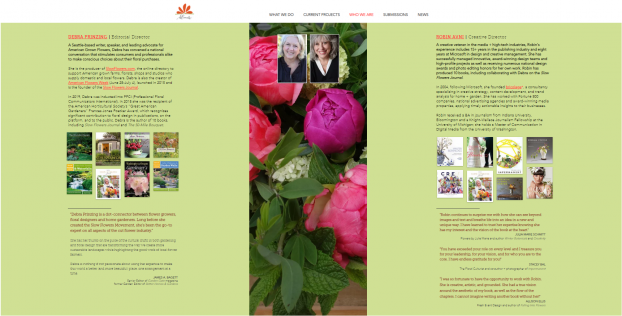
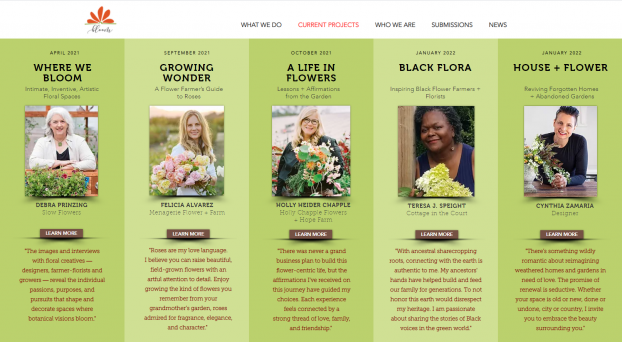


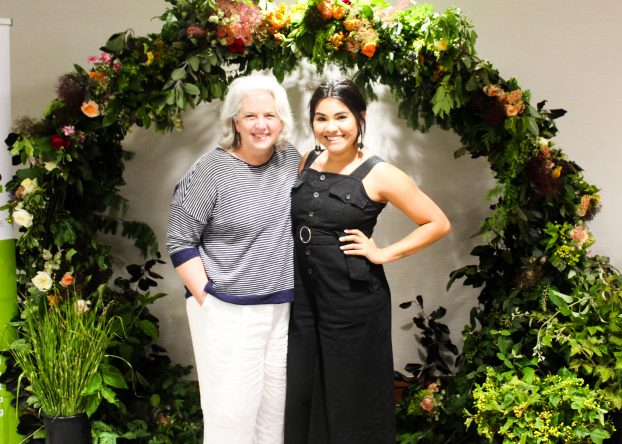
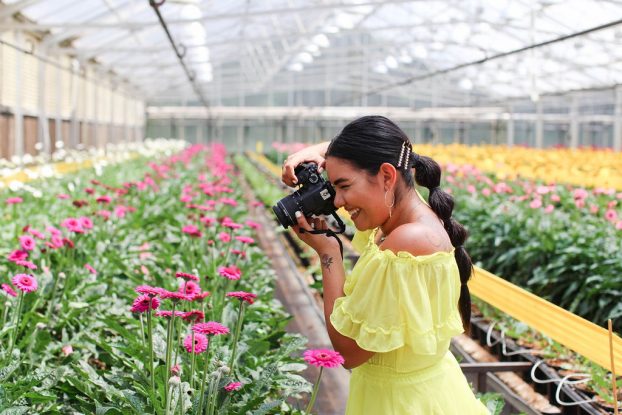
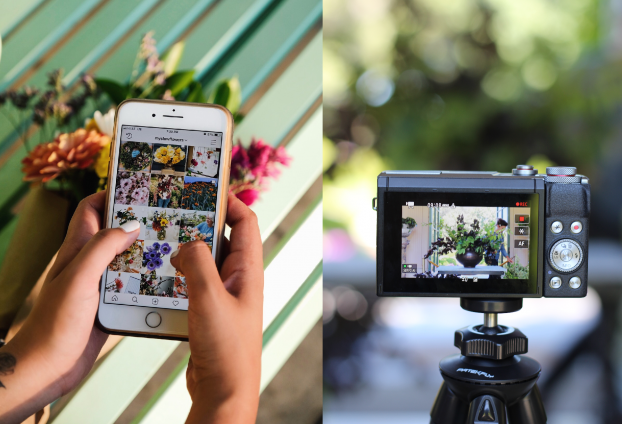
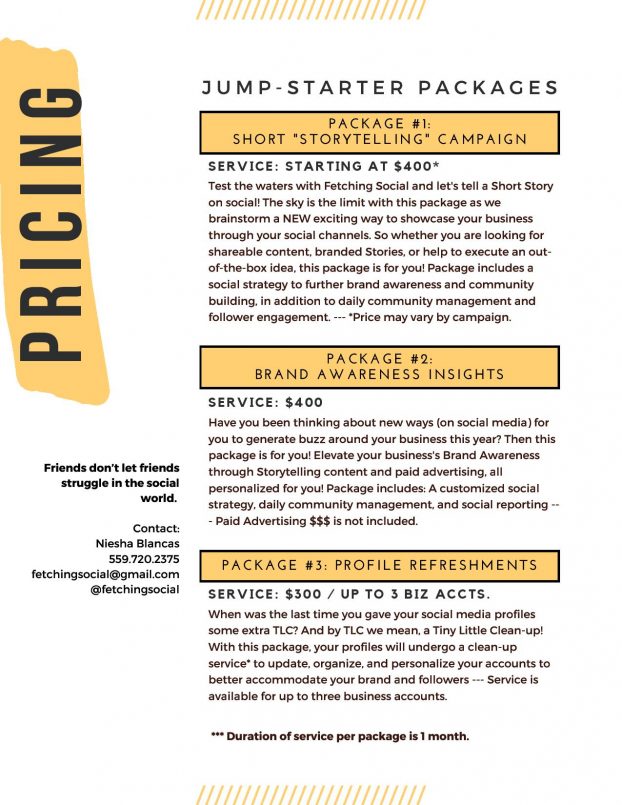


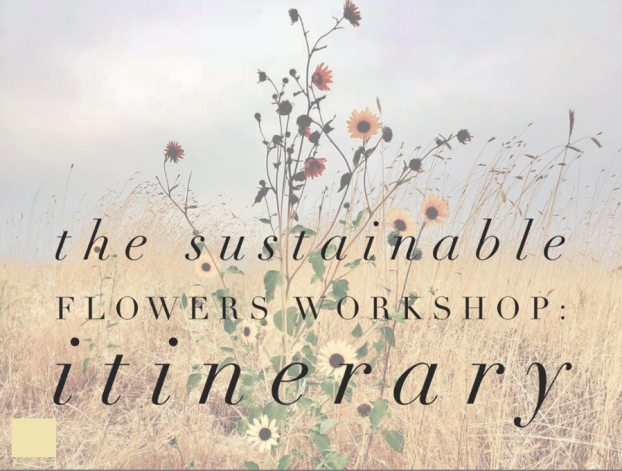
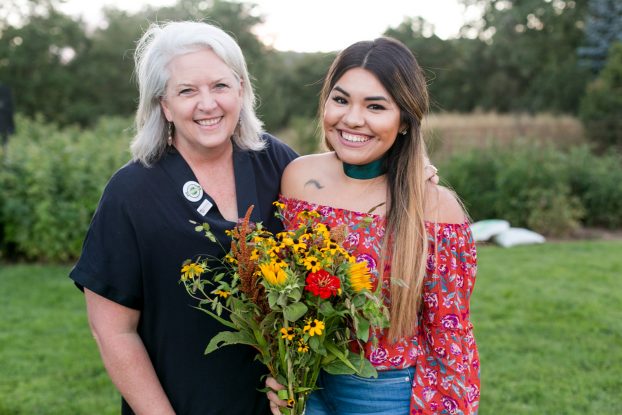
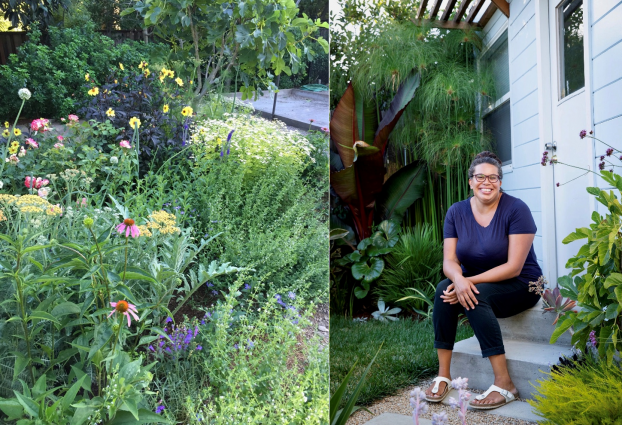
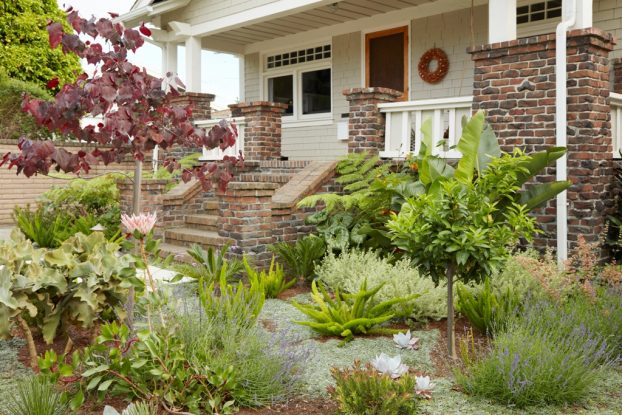
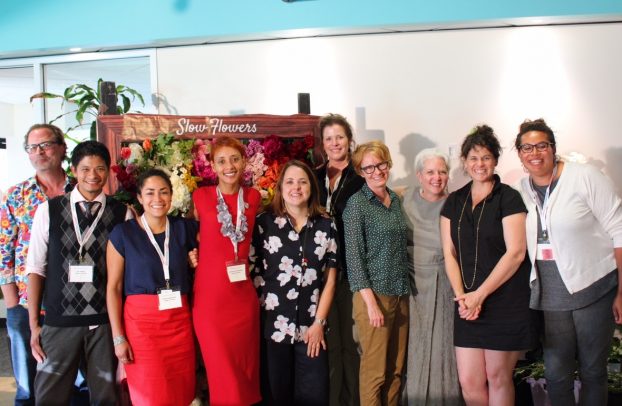
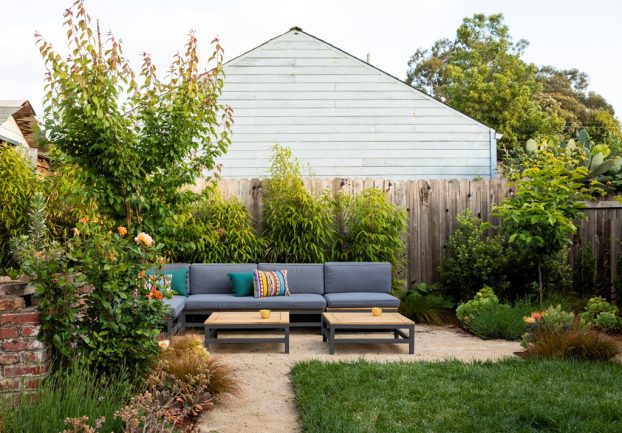
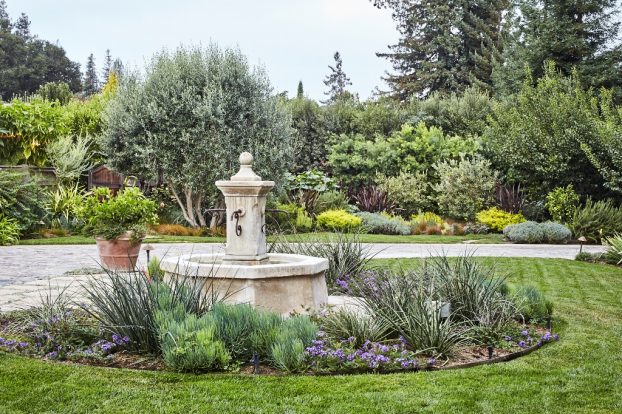
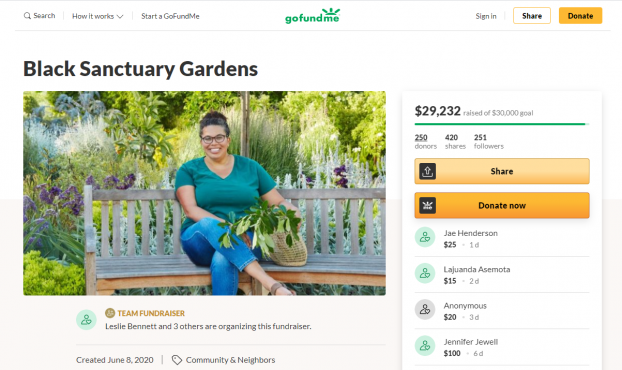
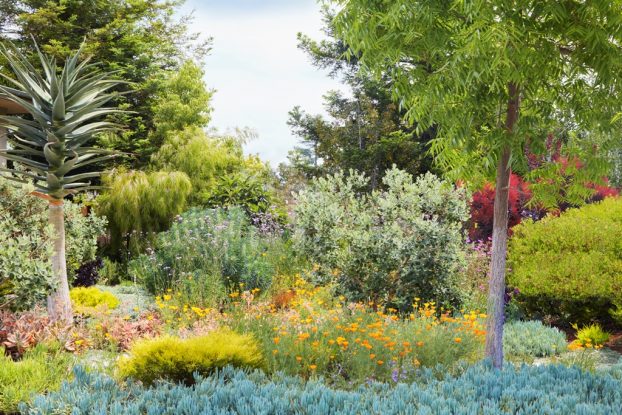
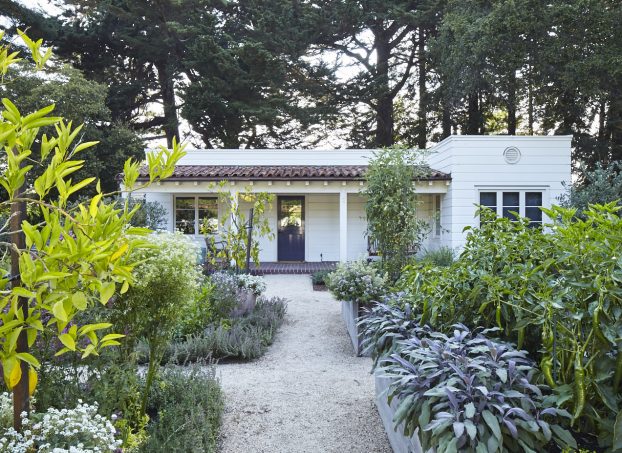
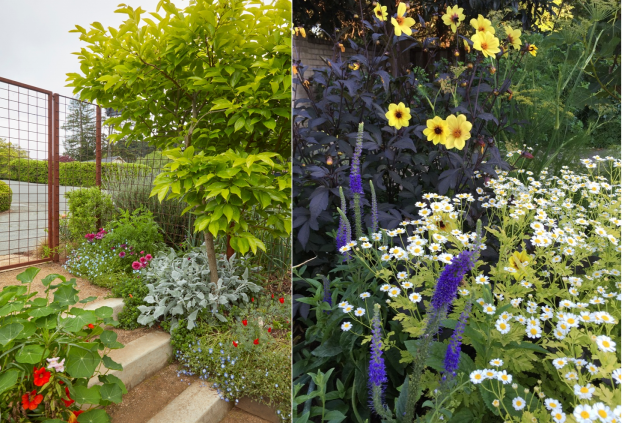
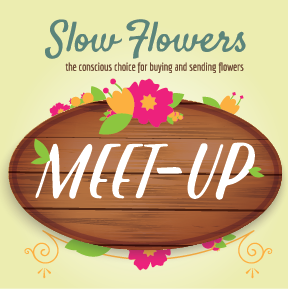
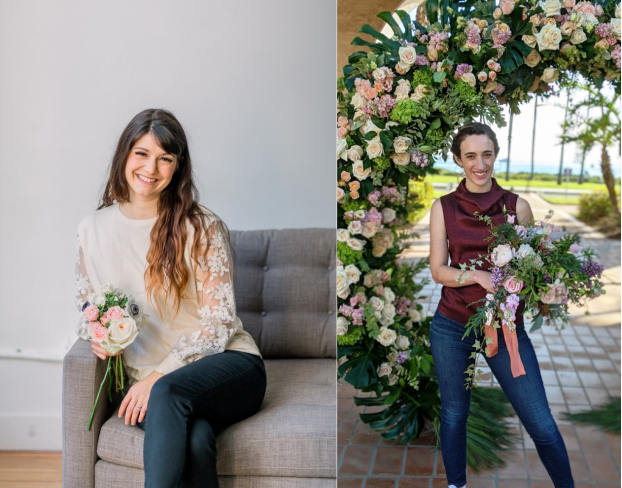
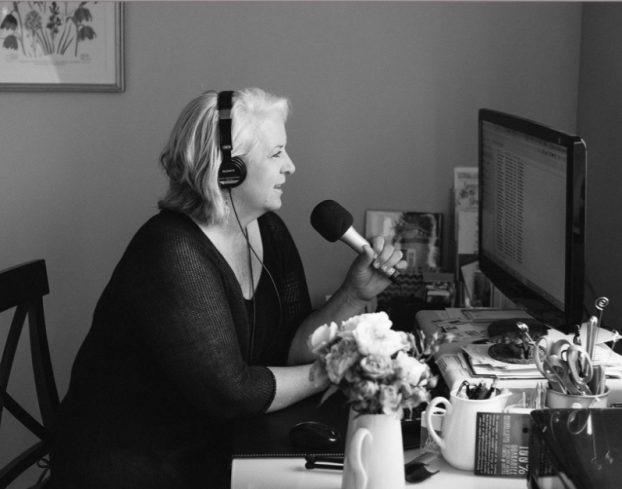
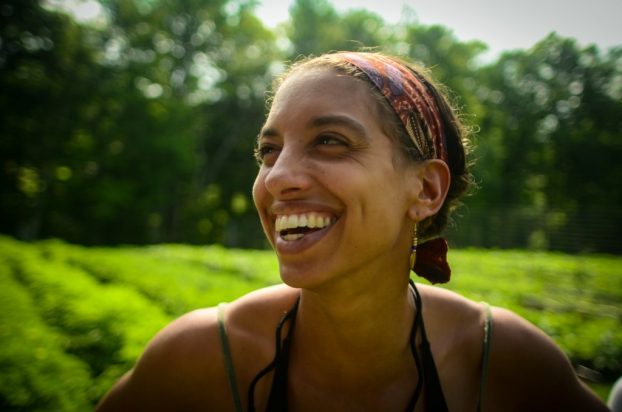
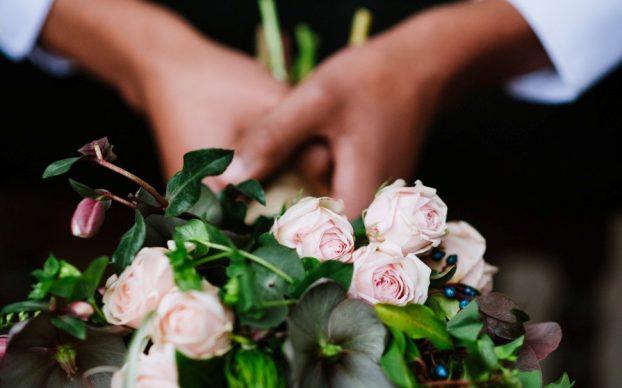
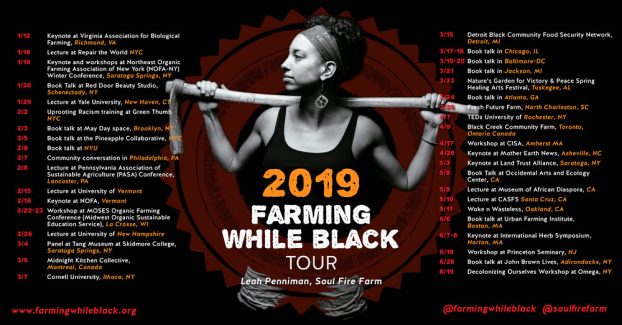
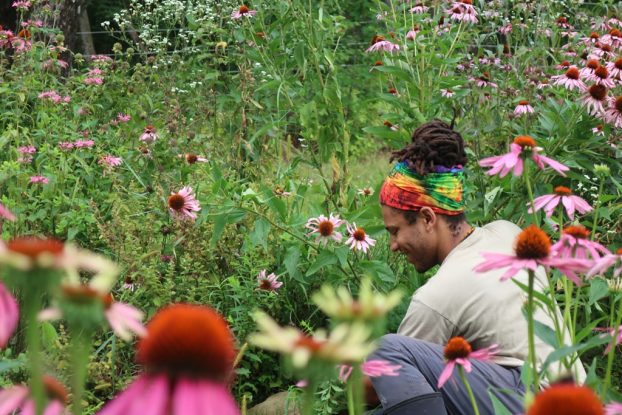
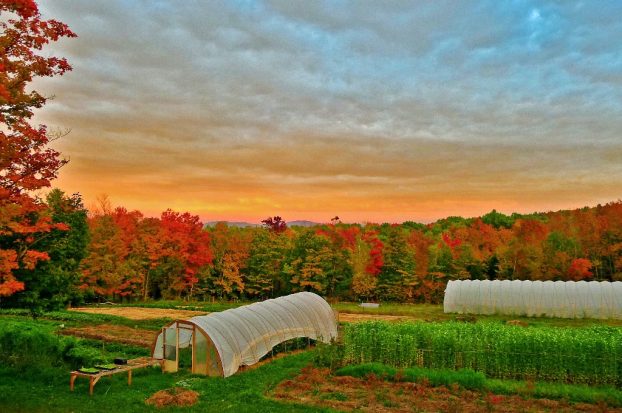
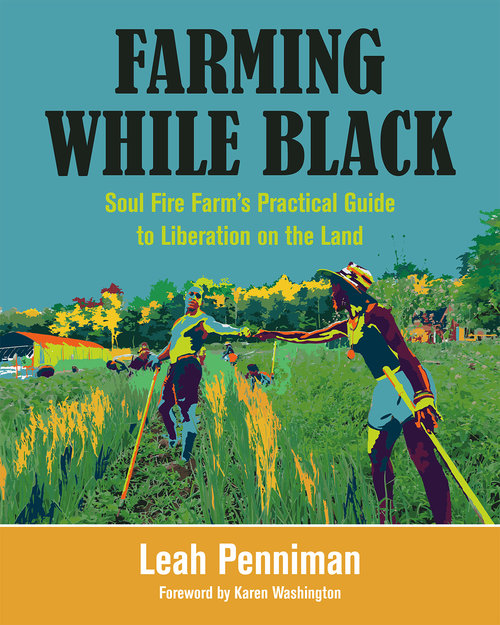
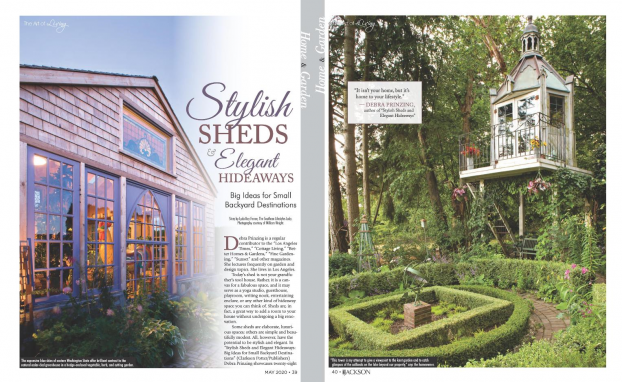
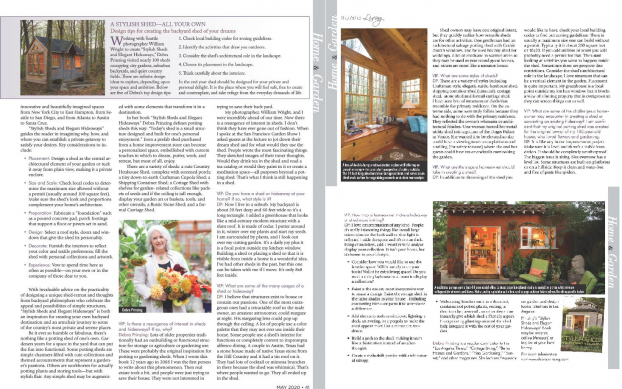
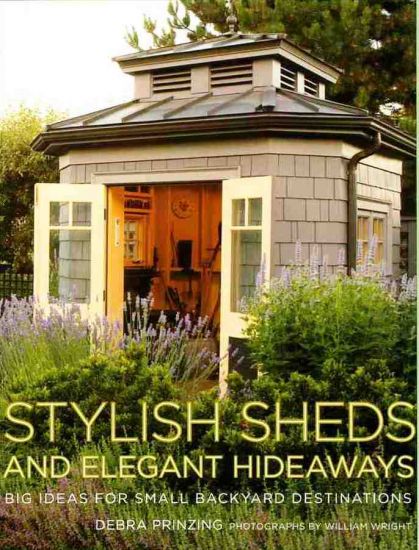 Well, 2008 was a financial disaster and the bottom fell out of the real estate market. Our timing could not have been predicted. Ten years later, a number of copycat books emerged on the marketplace. And Bill and I just sat their and thought: Wow, we were visionaries! The promotional machine we needed in the lifestyle media marketplace was in its own crisis when Stylish Sheds was published. That was the era when magazines like House & Garden, Cottage Living, Domino and others suddenly folded.
Well, 2008 was a financial disaster and the bottom fell out of the real estate market. Our timing could not have been predicted. Ten years later, a number of copycat books emerged on the marketplace. And Bill and I just sat their and thought: Wow, we were visionaries! The promotional machine we needed in the lifestyle media marketplace was in its own crisis when Stylish Sheds was published. That was the era when magazines like House & Garden, Cottage Living, Domino and others suddenly folded. 